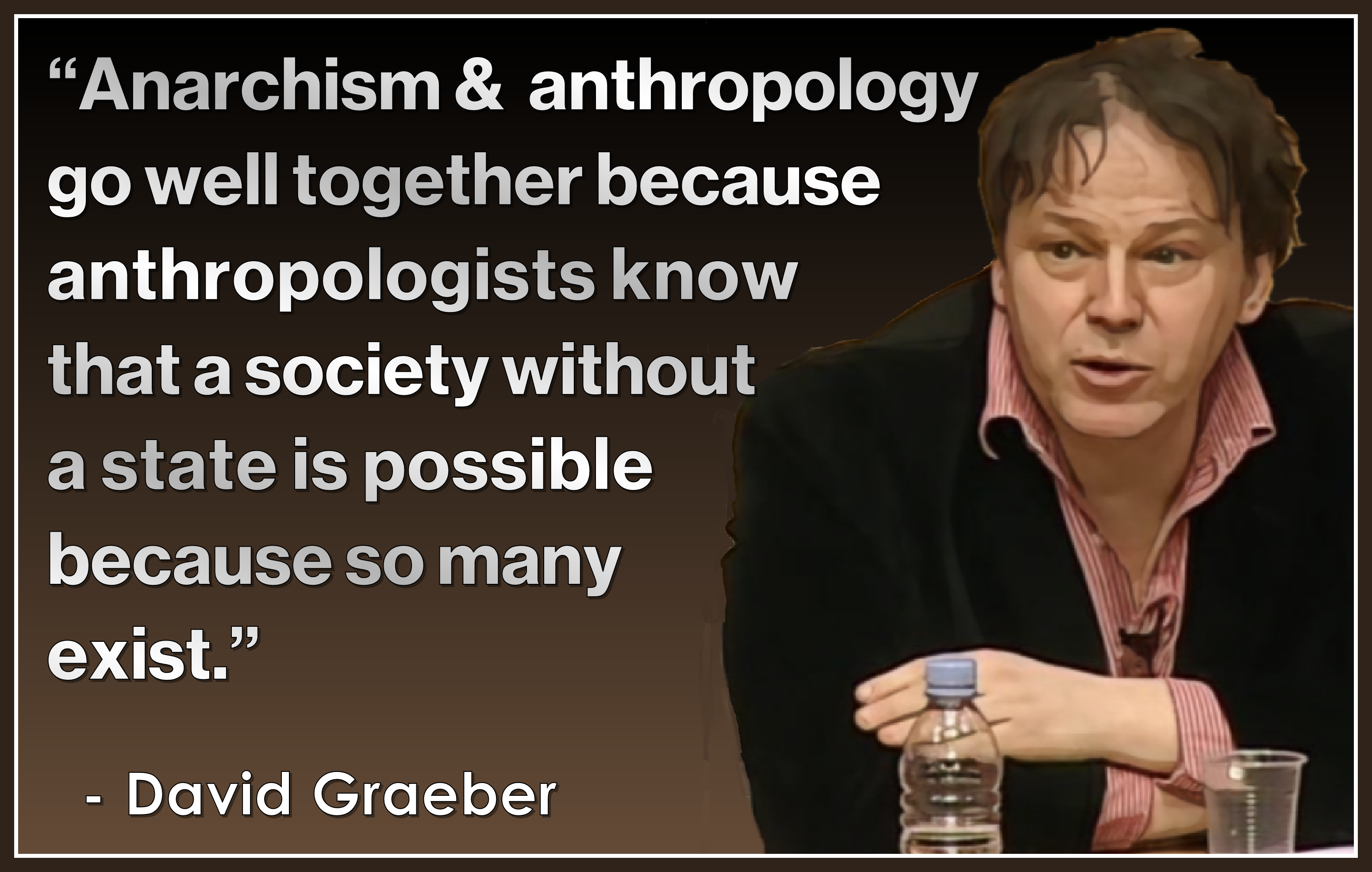this post was submitted on 12 Feb 2025
335 points (94.9% liked)
Anarchism
2046 readers
16 users here now
Discuss anarchist praxis and philosophy. Don't take yourselves too seriously.
Other anarchist comms
- [email protected]
- [email protected]
- [email protected]
- [email protected]
- [email protected]
- [email protected]
Join the matrix room for some real-time discussion.
founded 2 years ago
MODERATORS
you are viewing a single comment's thread
view the rest of the comments
view the rest of the comments

Yeah, absolutely, and as far as I understand it anarchism doesn’t really prevent large organizations from forming and coordinating.
My understanding of pure anarchism would have two main conditions for such coordinated orgs or efforts:
Now, these conditions aren’t realistic for real life all the time. Sometimes we need to be able to make decisions with a time constraint, and consensus is very, very slow. And likewise, sometimes resources are constrained and one can’t just leave and do their own thing. But if we see this as an ideal sort of direction, we can aim to get closer over time.
And this is actually how many professional organizations and technical groups work. For instance, TC39 is the committee that defines the JavaScript the language, and it works via consensus - any member can prevent a proposal from moving forward at any time. This makes it a very, very slow process, and people complain about this a lot (myself included, I was impatient when I first started working on proposals). But JavaScript also has the constraint of “no breaking changes, ever”. So these proposals are permanent, and we live with the consequences of earlier ones today. So a process that forces more thought, discussion, and agreement, that really makes us make sure it’s a good idea, is a good one here.
There are varying levels of this. 2/3rds majority rather than 51%. Requiring at least 50% and not a plurality. Approval voting is more in line with this than first-past-the-post. Etc etc.
Like I said, it’s not about preventing things from moving forward. It’s about slowing down a bit, and using that time to shore up infrastructure, solve general problems (like how do we get basic amenities for every person, or at least many more people), and getting society as a whole out of a scarcity, zero-sum mindset.